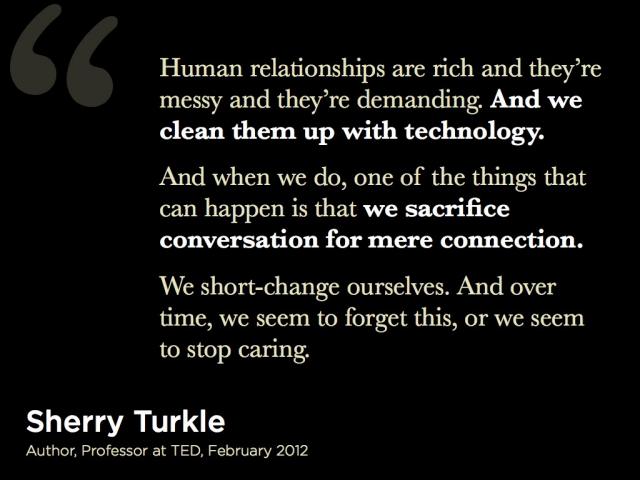(If you’ve been following this series, you know I’m working on building a TED talk about what my son – with a communications disorder – has taught me – a communications professional – about communication. I’m delivering the talk this Saturday at TEDxMU. I’ve been chronicling the presentation process here on The Daily Blur in the hopes that – by watching me deconstruct the process I’ve gone through many times – you’ll begin to look at public speaking with a little less mystique and anxiety.)
I almost didn’t include this because it’s so self-evident, but I watched a TED talk over the weekend that reminded me why I should keep it in my talk this weekend.
Looking over the faces of Willie’s Angels from yesterday’s post about how it takes a team, I was reminded of how intently each of them would focus on listening to Will – even when he was non-verbal.
Dee and me, too, we focused so intently on receiving and perceiving whatever it was he was trying to communicate.
We would often be exhausted in those early years … I’m firmly convinced it was because of the patience and commitment that listening required from us.
And it was worth every second, every furrowed brow, every Advil.
I fear listening is becoming a lost art. I fear we’re becoming afraid it’s too much work compared to the alternatives.
Have you noticed, in the social media age, that about a bazillion people want to be heard?
How many of us truly want to listen? To take the time to understand? To be patient? To actually hear what the other is saying – rather than simply pausing for our next turn to speak?
As psychologist, author and MIT Professor Sherry Turkle said in the aforementioned TED talk in February:
Human relationships are rich and they’re messy and they’re demanding. And we clean them up with technology.
And when we do, one of the things that can happen is that we sacrifice conversation for mere connection.
Conversation is work. Relationships are work. Love is work.
Listening – not just pausing – is real work.
Rich, rewarding, messy, demanding, delightful work.
And it’s never been more important.


Very good point. I try to teach active listening to my reporting students. Too many interviewers are so focused on their next question that they fail to hear what their subject is saying. They miss the “and that’s why I killed him” surprise. Good active listening requires eye contact and non-verbal feedback (nodding, leaning forward, hand gestures).